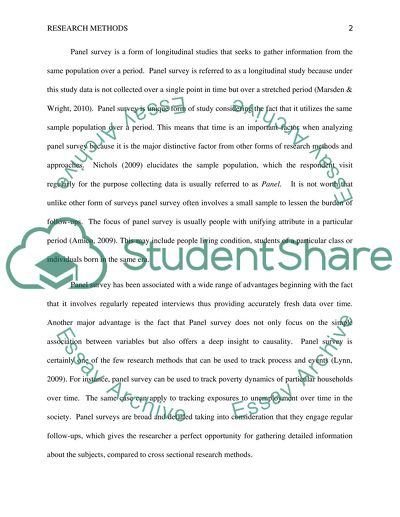Cite this document
(Panel Survey and Focus Group Research Approaches Literature review - 3, n.d.)
Panel Survey and Focus Group Research Approaches Literature review - 3. Retrieved from https://studentshare.org/social-science/1462468-compare-and-contrast-research-methods
Panel Survey and Focus Group Research Approaches Literature review - 3. Retrieved from https://studentshare.org/social-science/1462468-compare-and-contrast-research-methods
(Panel Survey and Focus Group Research Approaches Literature Review - 3)
Panel Survey and Focus Group Research Approaches Literature Review - 3. https://studentshare.org/social-science/1462468-compare-and-contrast-research-methods.
Panel Survey and Focus Group Research Approaches Literature Review - 3. https://studentshare.org/social-science/1462468-compare-and-contrast-research-methods.
“Panel Survey and Focus Group Research Approaches Literature Review - 3”, n.d. https://studentshare.org/social-science/1462468-compare-and-contrast-research-methods.


